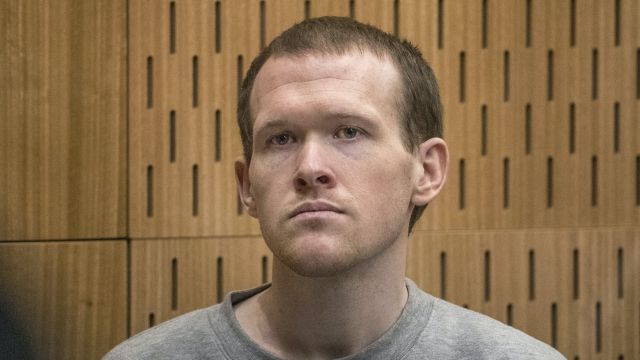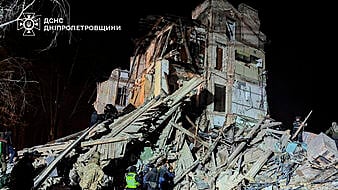Judge Cameron Mander said the crimes committed by 29-year-old Australian Brenton Harrison Tarrant were so wicked that even a lifetime in jail could not begin to atone for them.
He said Tarrant’s “inhuman” actions had caused enormous loss and hurt and stemmed from a warped and malignant ideology.
“You deliberately killed a three-year-old infant by shooting him in the head as he clung to the leg of his father,” the judge added.
After the sentencing, New Zealand Prime Minister Jacinda Ardern, who was praised globally for her empathy and leadership after the attacks, said the crime is still raw for many.
Addressing the families of the victims and the survivors, she added: “Nothing will take the pain away but I hope you felt the arms of New Zealand around you through this whole process, and I hope you continue to feel that through all the days that follow.”
The March 2019 attacks targeting people praying at the Al Noor and Linwood mosques in Christchurch shocked New Zealand and prompted new laws banning the deadliest types of semi-automatic weapons. They also sparked global changes to social media protocols after the gunman livestreamed his attack on Facebook.
In March this year, Tarrant pleaded guilty to 51 counts of murder, 40 counts of attempted murder and one count of terrorism, reversing his earlier not guilty pleas.
The judge said Tarrant recently told a psychiatrist that he now rejects his extremist views and considers his attacks “abhorrent and irrational”.
But Mr Mander said he is sceptical Tarrant has abandoned his ideology, especially considering the gunman told police after the attacks he wished he had killed more people. The judge said Tarrant had shown no empathy towards his victims.
During the four-day sentencing hearing, 90 survivors and family members recounted the horror of that day and the trauma they continue to feel.
One of those who spoke was Temel Atacocugu, who survived being shot nine times during the attack at the Al Noor mosque.
Mr Atacocugu said he felt relieved at the sentence, and added: “Finally we can breathe freely, and we feel secure, and my kids feel secure. The justice system has locked up this ideology forever.”
Dressed in a grey prison tracksuit, Tarrant showed little emotion during his sentencing. He watched the speakers, occasionally giving a small nod or covering his mouth as he laughed at jokes, often made at his expense.
The sentencing hearing gave survivors and family members a chance to confront the gunman. As the hearing went on, the speakers became more emboldened and the numbers who signed up to speak swelled.
Some chose to yell at the gunman, while others called him a monster, a coward, a rat. Some sung verses from the Koran or addressed him in Arabic. A few spoke softly to Tarrant, saying they forgave him.
“It was very empowering,” said Aya Al-Umari, who spoke about the death of her brother Hussein. “Every one of us was so powerful in delivering our statements.”
Al-Umari said the hearing had shown how resilient the Muslim community in Christchurch had been in recovering from the trauma of the attacks.
“No sentence will bring our loved ones back,” she said. “But at least we can close this chapter and move on.”







